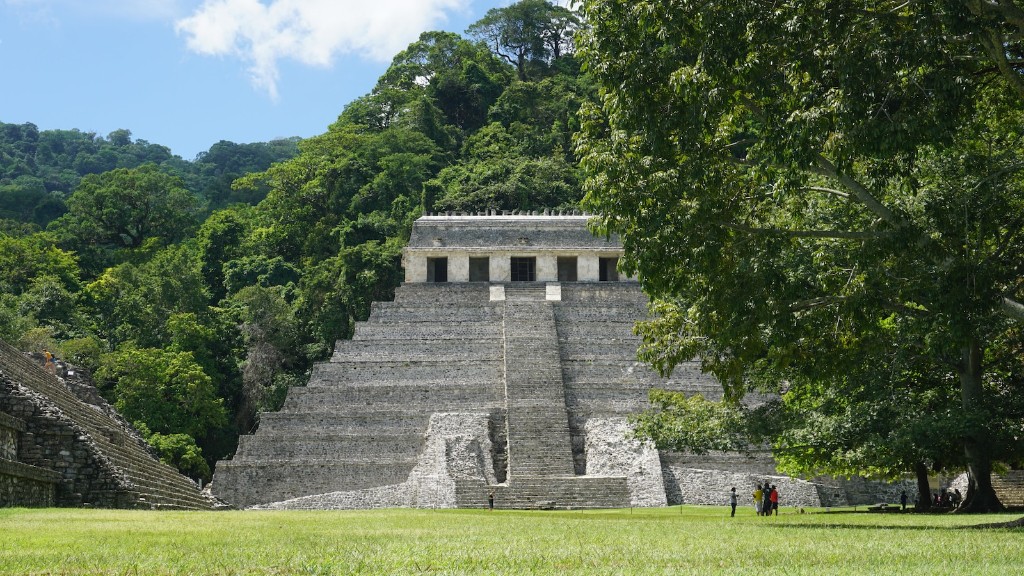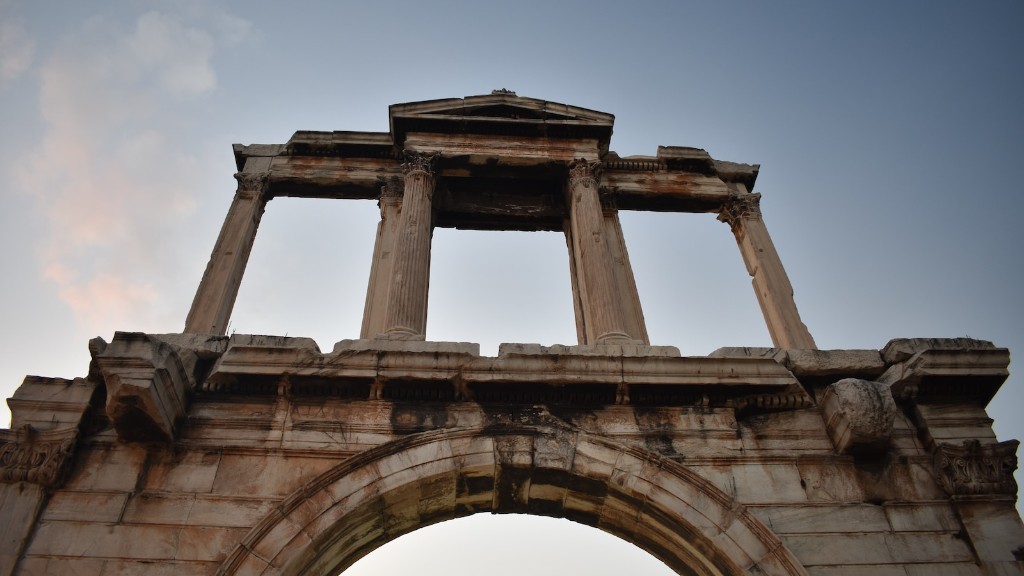Mayan Family Life in Ancient Mayan Civilization
Introduction
In ancient Mayan civilization, family life played a central role in the social fabric of society. The Mayan people valued familial bonds and organized their communities in a way that revolved around the family unit. This article aims to explore the various aspects of Mayan family life, including the structure of the family, gender roles, child-rearing practices, and the importance of extended family networks.
Family Structure
The Mayan family structure was typically nuclear, consisting of a husband, wife, and their children. Unlike some ancient civilizations where polygamy was common, Mayans practiced monogamy. The husband was considered the head of the household and responsible for providing for his family, while the wife’s primary role was to manage the household and care for the children.
Extended family networks, however, played a crucial role in Mayan society. Grandparents, aunts, uncles, and cousins often lived in close proximity to each other, creating a strong support system within the community. This extended family structure provided not only emotional support but also economic assistance, as families often worked together in agricultural activities or craft production.
Gender Roles
Gender roles in ancient Mayan society were largely defined by agricultural practices. Men were responsible for clearing the land, cultivating crops, and hunting, while women took care of domestic duties such as cooking, weaving, and raising children. However, it is essential to note that Mayan women held significant power and influence within their households.
Mayan women were highly skilled in various areas, such as the intricate art of weaving, which was not only a practical skill but also a form of artistic expression. They were also involved in trade and played an influential role in both the local and long-distance exchange networks. Despite the different tasks assigned to each gender, there was a sense of interdependence and collaboration between men and women.
Child-Rearing Practices
The Mayans placed great importance on the upbringing of children, and child-rearing was a shared responsibility within the family unit. Children were seen as valuable members of the community, and their education began at a young age. Parents and extended family members took an active role in teaching children practical skills and cultural knowledge.
Mayan children were taught essential skills such as farming techniques, weaving, pottery making, and religious rituals. Education also involved instilling moral values and a sense of community cohesion. Parental discipline was firm but fair, with an emphasis on teaching children respect for their elders and adherence to societal norms.
Importance of Extended Family Networks
As mentioned earlier, extended family networks played a vital role in Mayan family life. These networks not only provided emotional support and assistance in daily activities but also helped maintain social cohesion within the community. Mayan families relied on the expertise and resources of their extended family members to thrive in their agricultural pursuits and craft production.
Additionally, extended family networks were essential for economic reciprocity. Families worked together in communal tasks such as the construction of buildings or temples, ensuring the prosperity of the entire community. The spirit of cooperation and mutual support within extended family networks fostered a strong sense of identity and solidarity among the Mayan people.
Conclusion
The ancient Mayan civilization valued the importance of family life, which was integral to their social structure. The Mayan family unit consisted of a husband, wife, and their children, with extended family networks providing a vital support system. Gender roles were defined by agricultural practices but allowed for collaboration and interdependence between men and women. Child-rearing practices emphasized education and moral values, instilling a sense of community cohesion. Overall, Mayan family life reflected the strong sense of identity and solidarity within the Mayan civilization.


